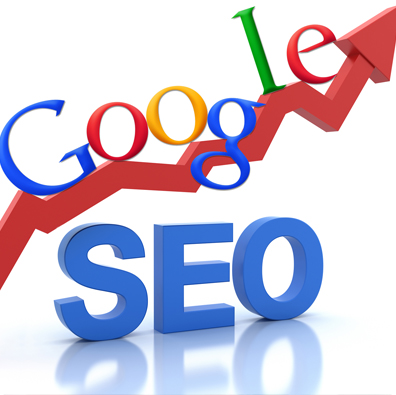SEO is Good for Business Visibility and Branding
When people search for your products and services, you obviously want to appear as high in the search engine rankings as possible, but the reasons for this are more than just because you want them to click through to your website. In fact, there is a certain amount of value in simply appearing in search results for terms directly related to your business. For instance, most searchers don’t just simply search once, click on some websites, and be done with it. Instead, they search, click on some websites, edit their search terms, search again, click on some websites, further hone their search terms, search again, and so on.
So what does this mean for your business? It means that if you can continually show in all these search results that you are gaining more and more mindshare with each potential customer. Chances are very good that they will eventually click through to your website, and since you continually displayed in all their search results, they will trust you that much more. Which brings us to the next reason why SEO is important for your business.
